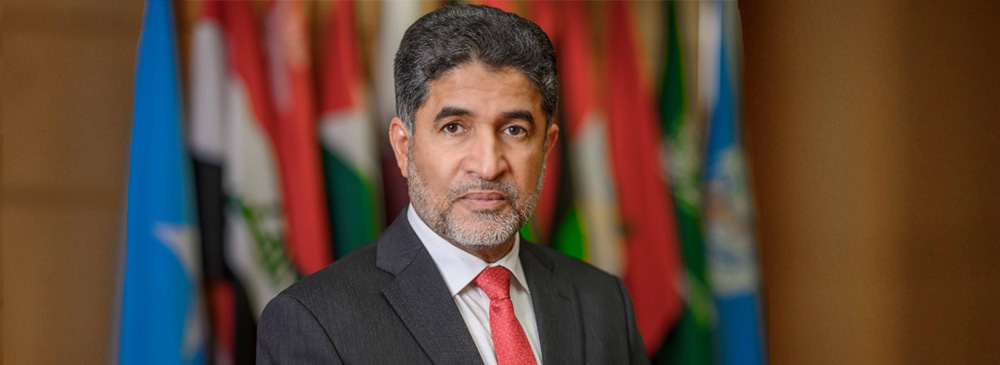
11 December 2022 – Good afternoon and welcome to today’s press briefing on the occasion of Universal Health Coverage (UHC) Day, which is held annually on 12 December. UHC Day is an official United Nations-designated day marking the anniversary of a unanimous decision seven years ago to endorse universal health coverage as an essential component of international development.
Under this year’s theme, “Build the World We Want: A Healthy Future for All”, UHC Day provides an opportunity to advocate for universal health coverage and for the key role that primary health care plays in achieving UHC and ensuring health security. It comes at a critical time when countries are rebuilding their health systems after the disruption caused by the COVID-19 pandemic.
Universal health coverage means that all individuals and communities receive the health services they need without suffering financial hardship. It includes the full spectrum of essential, quality health services across the life course, from health promotion to prevention, treatment, rehabilitation and palliative care. It also means that these services are easily available and accessible both geographically and financially to all who need them.
COVID-19, conflicts and climate change are now posing additional challenges to efforts to achieve universal health coverage. The COVID-19 pandemic demonstrated the vulnerability of our health, social protection and economic systems. Half of all countries in our Region are experiencing protracted conflicts and humanitarian crises. Eight of them have reported outbreaks of cholera and acute watery diarrhoea. Extreme climate events like the floods in Pakistan and drought in the Horn of Africa are leading to acute hunger and health crises.
Every country in the Region has committed to achieving universal health coverage. In 2015, countries pledged to achieve UHC as part of the 2030 Agenda for Sustainable Development. In 2018, they endorsed the Salalah Declaration on Universal Health Coverage and the Astana Declaration on Primary Health Care. And advancing UHC is also at the heart of WHO’s vision of Health for All by All in the Eastern Mediterranean Region.
Health is a fundamental human right and it is everyone’s responsibility. During the COVID-19 pandemic, everyone – individuals, communities, the public sector, the private sector, civil society and others – needed to come together to protect and promote the health of our societies.
Primary health care is the most cost-effective way to bring services for health and well-being closer to individuals and communities. Reorienting our health systems towards the primary health care approach means engaging in multisectoral action, ensuring community engagement, increasing equitable access to quality health services and strengthening public health functions.
In October this year, WHO’s main governing body in the Eastern Mediterranean Region, the Regional Committee, endorsed seven regional priorities to advance universal health coverage and ensure health security, and called on all countries in the Region to take action in those priority areas.
This week, WHO is hosting a major meeting bringing together regional and international experts, partners, donors and officials from governments across the Region to participate in a range of activities. These activities emphasize the primary health care approach as the foundation for strengthening health systems towards UHC and health security.
Together, we hope to identify the most effective evidence-based approaches across the seven regional priorities to reshape health systems and increase financial investment in health and well-being. The regional meeting is an important opportunity to prepare for the second United Nations high-level meeting on UHC, which is planned to be held in New York in September 2023. But most importantly, it is an essential step in our collective endeavour to build a world where everyone, everywhere can have a healthy future.


